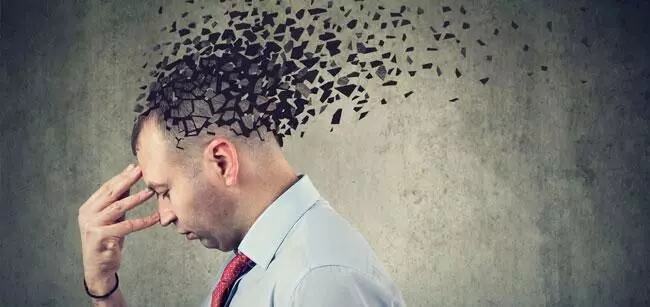
Memory loss could be fixed with roflumilast asthma drug; worked on mice
text_fieldsSleep deprivation, which affects people of all ages and has a severe impact on the body and the brain, is a well-known problem in modern civilization. When people are sleep deprived, their minds are more prone to forgetfulness, which makes it difficult to retain specific facts. Thanks to a medication used to treat asthma that also helps people's memories, there is now a far simpler solution to the issue.
Neuroscientist Robbert Havekes from the University of Groningen in the Netherlands found that learning while sleep-deprived (memory loss) does not necessarily result in memory loss; instead, it merely becomes harder to recall.
Days after studying while sleep-deprived, he and his team found a way to regain access to this "hidden information" using optogenetic techniques and the human-approved asthma drug roflumilast. Their research was published in Current Biology.
"We previously focused on finding ways to support memory processes during a sleep deprivation episode," says Havekes.
The study examined whether sleep deprivation-induced forgetfulness was a direct result of information loss or merely the outcome of difficulties in information retrieval, NDTV reported.
"Sleep deprivation undermines memory processes, but every student knows that an answer that eluded them during the exam might pop up hours afterwards." In that situation, the knowledge was indeed retained in the brain, it was only difficult to access.
"In our sleep deprivation studies, we applied this approach to neurons in the hippocampus, the area in the brain where spatial information and factual knowledge are stored," said Havekes.
According to the study that was published in Current Biology, investigations in mice show that sleep deprivation does not always result in memory loss, but rather causes information to be stored inadequately, making it difficult to access it without the assistance of medication or optogenetic stimulation.
Furthermore, our results suggest that roflumilast, a clinically approved PDE4 inhibitor, can restore access to object-location memories, consolidated under sleep deprivation conditions and thought to be lost. This can happen several days after the learning and sleep deprivation episode.























